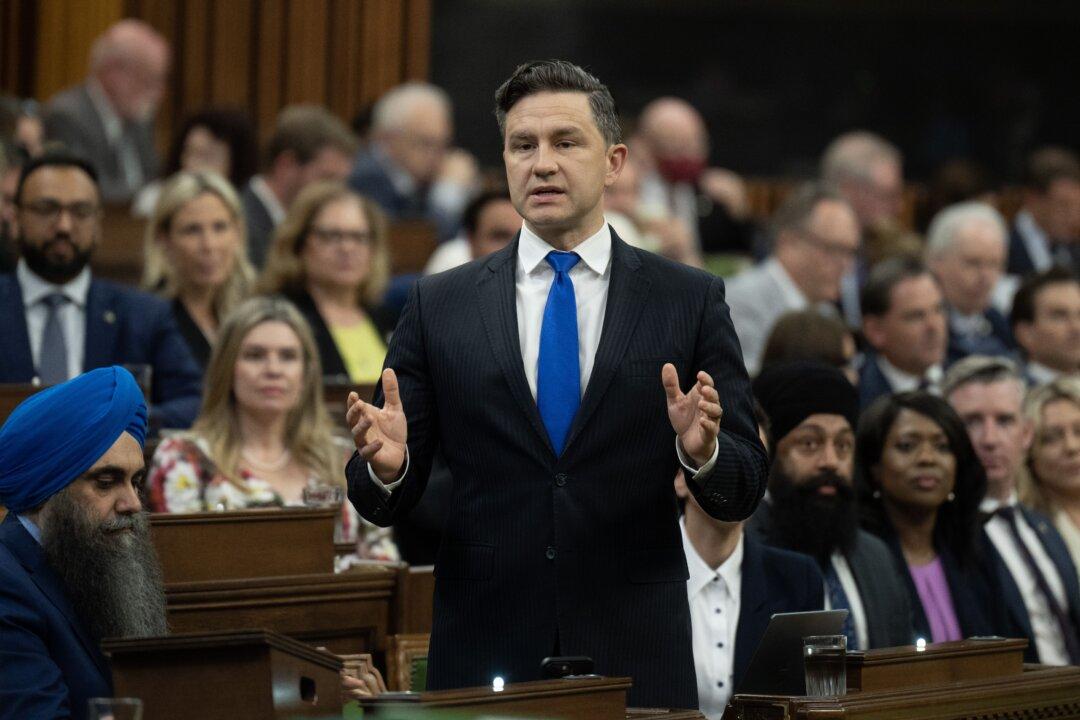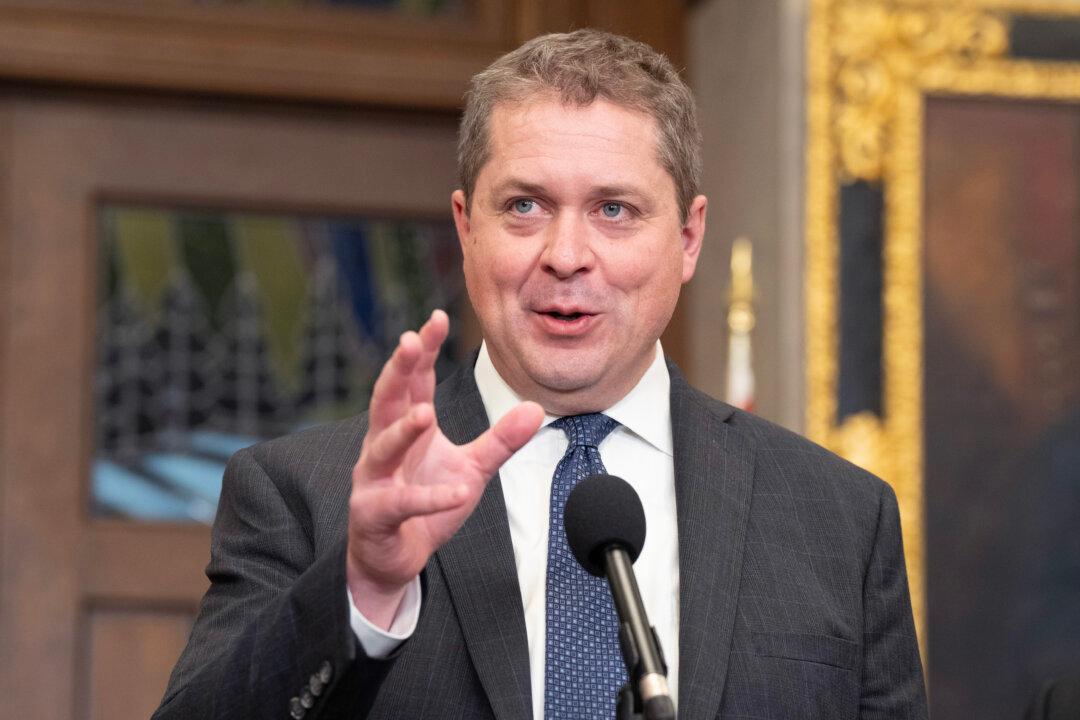The Conservative Party has introduced a new non-confidence motion to take down the minority Liberal government, a day after a previous motion to do so failed in the House of Commons.
On Sept. 25, the Tories’ first non-confidence motion was defeated, receiving 211 “nay” votes and 120 “yea” votes, with the Liberals, NDP, Bloc Québécois, and the Greens voting against, and the Conservatives voting in favour. The motion had simply read, “The House has no confidence in the Prime Minister and the Government.”





